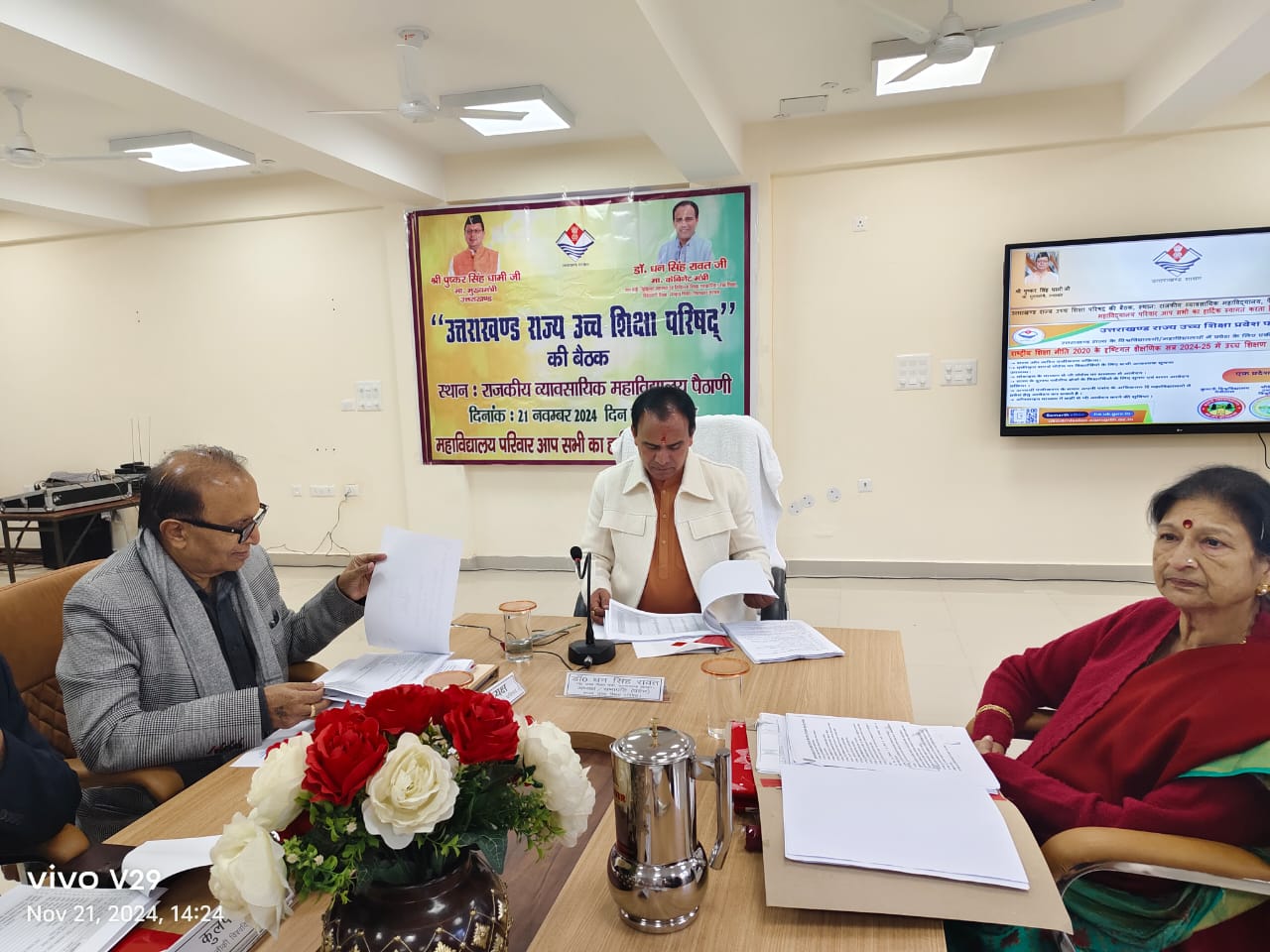Indian-manufactured artillery shells have been redirected by European buyers to Ukraine, and despite objections from Moscow, New Delhi has not taken steps to halt the trade, according to eleven officials from India, Europe, and the defense industry, along with a Reuters review of publicly available customs data.
The transfer of munitions to aid Ukraine in its defense against Russia has been ongoing for over a year, as confirmed by sources and customs records. Indian regulations on arms exports restrict the use of weaponry to the declared recipient, with unauthorized transfers potentially jeopardizing future sales.
The Kremlin raised this issue on at least two occasions, including during a meeting in July between Russian Foreign Minister Sergei Lavrov and Indian External Affairs Minister S. Jaishankar, according to three Indian officials.
These details about the ammunition transfers are being revealed for the first time.
Zelenskyy seeks collaboration with India to produce drones and electronic warfare systems.
Neither Russia’s nor India’s foreign and defense ministries responded to inquiries. In January, foreign ministry spokesperson Randhir Jaiswal stated at a press conference that India had not supplied or sold artillery shells to Ukraine.
Two Indian government sources and two defense industry insiders told Reuters that India’s contribution to the ammunition used by Ukraine was minimal, with one official estimating it to be less than 1% of the total arms imported by Kyiv since the conflict began. It remains unclear whether the munitions were resold or donated by European buyers to Ukraine.
Italy and the Czech Republic, which has been leading an effort to supply Ukraine with artillery shells from outside the EU, are among the European nations redirecting Indian-made munitions to Ukraine, according to a senior Spanish and Indian official, as well as a former top executive at Yantra India, a state-owned munitions manufacturer whose products are being used by Ukraine.
India keeps watch on the situation
An Indian official stated that New Delhi is closely monitoring the situation. However, according to a defense industry executive with direct knowledge of the transfers, India has not taken action to curb the supply to Europe. Most of the 20 people interviewed by Reuters spoke on condition of anonymity due to the sensitivity of the matter.
The Ukrainian, Italian, Spanish, and Czech defense ministries did not provide comments in response to inquiries.
New Delhi has strengthened its defense and diplomatic cooperation with Washington, Ukraine’s main security partner, in recent times, particularly in the context of countering China, a shared strategic competitor. However, India has maintained close ties with Russia, its primary arms supplier for decades, and Prime Minister Narendra Modi has refrained from joining Western-led sanctions against Moscow.
While India remains one of the largest weapons importers globally, it also views the prolonged war in Europe as an opportunity to expand its burgeoning arms export industry, according to six Indian sources familiar with the government’s strategy. Ukraine, struggling to fend off a Russian offensive near the eastern logistics hub of Pokrovsk, is facing a critical shortage of artillery ammunition.
India moves away from Russian arms but maintains strong ties
The White House declined to comment, and the U.S. State Department referred questions regarding India’s arms exports to the Indian government.
India exported over $3 billion worth of arms between 2018 and 2023, according to data from the Stockholm International Peace Research Institute.
At a conference on August 30, Defence Minister Rajnath Singh announced that India’s defense exports had surpassed $2.5 billion in the last fiscal year, with a goal to increase that figure to around $6 billion by 2029. Commercially available customs data show that in the two years leading up to the February 2022 invasion, three major Indian ammunition manufacturers — Yantra, Munitions India, and Kalyani Strategic Systems — exported only $2.8 million worth of ammunition components to Italy, the Czech Republic, Spain, and Slovenia, where defense contractors have invested heavily in supply chains for Ukraine.
Between February 2022 and July 2024, this figure surged to $135.25 million, encompassing completed munitions, which India began exporting to these four nations.
Arzan Tarapore, a defense expert on India at Stanford University, suggested that India’s efforts to expand its arms exports contributed to the transfer of its arms to Ukraine. “In the rapid recent expansion, some end-user violations likely occurred,” he said.
Covert deliveries
The former Yantra executive revealed that unlisted Italian defense contractor Meccanica per l’Elettronica e Servomeccanismi (MES) was among the companies sending Indian-made artillery shells to Ukraine.
MES, Yantra’s largest foreign client, reportedly buys empty shells from India and fills them with explosives. The executive explained that several Western companies have the capacity to fill explosives but lack the production facilities to manufacture artillery shells on a large scale.
Yantra’s 2022-23 annual report confirmed a deal with an unnamed Italian client to set up a production line for L15A1 shells, which the former Yantra executive identified as MES.
MES and Yantra India did not respond to requests for comment.
Customs data shows that Yantra shipped $35 million worth of empty 155mm L15A1 shells to MES between February 2022 and July 2024.
In February 2024, customs records indicate that U.K.-based arms company Dince Hill, which lists a senior MES executive on its board, exported $6.7 million worth of ammunition from Italy to Ukraine. The shipment included 155mm L15A1 shells manufactured by MES for Ukraine’s Defense Ministry to bolster Ukraine’s defense and mobilization readiness.
Dince Hill did not respond to inquiries, and its new owner, Rome-based Effequattro Consulting, could not be reached. In another instance, Spanish Transport Minister Oscar Puente posted on social media in May an end-user agreement signed by a Czech defense official that authorized the transfer of 120mm and 125mm shells from Munitions India to Czech arms dealer Czech Defence Systems.
Pro-Palestinian activists had claimed that an Indian arms shipment aboard the vessel Borkum, which stopped at a Spanish port, was destined for Israel. However, Spanish newspaper El Mundo reported in May that the final destination was Ukraine. A Spanish official and another source confirmed to Reuters that Kyiv was the end user. Munitions India and Czech Defence Systems did not respond to questions.
March 27 customs records reveal that Munitions India shipped 10,000 rounds of 120mm and 125mm mortar shells, valued at over $9 million, from Chennai to Czech Defence Systems.
Friendly fire
Russia, which provides more than 60% of India’s arms imports, remains a crucial partner. In July, Prime Minister Modi selected Moscow for his first international bilateral visit after securing a third term.
At another meeting in Kazakhstan between Jaishankar and Lavrov in July, the Russian minister raised concerns about Indian-made munitions being used by Ukraine and complained that some of these were produced by state-owned Indian firms, according to an Indian official familiar with the talks.
The official did not disclose Jaishankar’s response.
Walter Ladwig, a South Asia security expert at King’s College London, remarked that the diversion of a small quantity of ammunition served as a geopolitical advantage for India. “It shows Western partners that India isn’t fully aligned with Russia in the Ukraine conflict,” he said, noting that Moscow has little influence over New Delhi’s decisions.









Leave a Reply